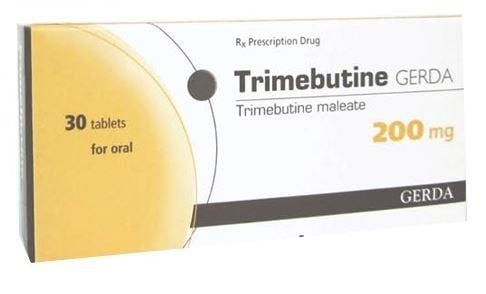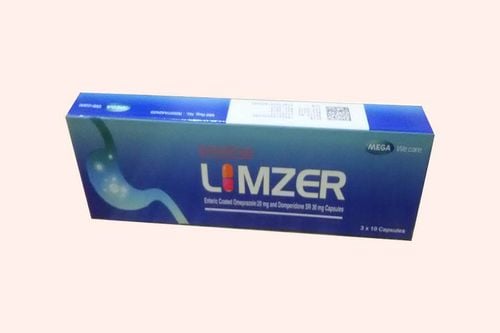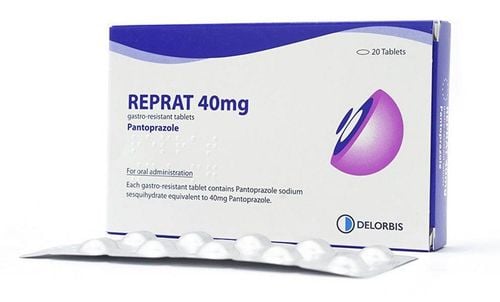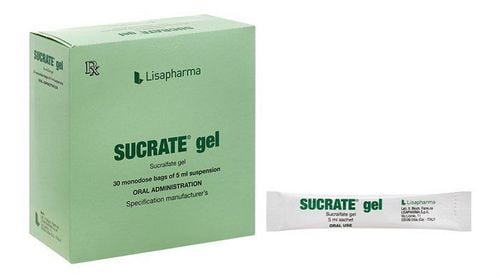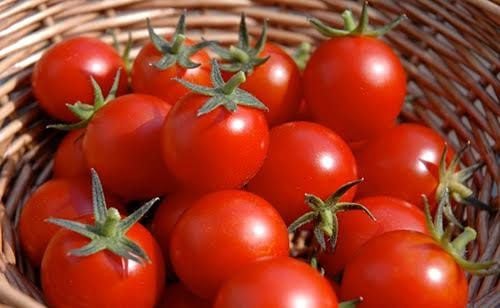Article by MSc. Mai Vien Phuong, Department of General Medicine, Vinmec Central Park International General Hospital
General Hospital
You may have heard of the alkaline diet, which promotes creating a non-acidic environment in the body. Although this theory has not been scientifically proven, many people opt to limit acidic foods to protect their health.
Typically, the body’s pH level is maintained through mechanisms like breathing and urination. However, different parts of the body require different pH levels. For instance, the stomach needs a pH range of 1.35–3.5 to digest food, while blood pH is tightly regulated.
Acidic foods commonly consumed include meat, cheese, soft drinks, and processed grains. In contrast, fruits and vegetables generally contain lower acid levels and tend to be alkaline or basic.
Several studies have shown that a healthy diet rich in low-acid foods can improve kidney and cardiovascular health. Conversely, a diet high in acidic foods may pose health risks.
Excess acidity in the diet has been linked to higher blood sugar levels, obesity, and elevated levels of C-reactive protein (CRP), an inflammation marker. For this reason, doctors often recommend limiting highly acidic foods and replacing them with fruits and vegetables.
Here are 6 highly acidic foods that everyone should limit their consumption:
1. Acidic soft drinks
Soft drinks contain a high level of phosphoric acid, a primary source of dietary acid in Western diets. Excessive consumption can lead to a surplus of phosphorus, particularly in the form of phosphoric acid, which is easily absorbed and associated with adverse health effects.
Research shows that drinking soft drinks daily can contribute to kidney problems, reduced bone mineral density, and an increased risk of prediabetes. To safeguard your health, minimize soft drink consumption as much as possible.
2. Red meat and animal proteins
Red meat and processed meats are among the most acidic foods in a typical Western diet. These meats are rich in protein and phosphorus, increasing dietary acid levels.
Other animal proteins, such as chicken and eggs, also contribute to the overall acidity of the diet.

3. Processed Grains
Western diets often include refined grains such as baked goods, fast foods, and white bread… all of which are high in acid.
For the sake of health, consider replacing refined grains with fruits, vegetables, and other alkaline foods to reduce dietary acidity.
4. Cheese and dairy products
Cheese, milk, and cream contain high levels of phosphorus, contributing to dietary acid load. While dairy products such as cheese and unsweetened yogurt can be nutritious, a diet overly reliant on these and low in plant-based foods can increase acidity, leading to potential health concerns.
5. Citrus fruits
Citrus fruits, though acidic, do not necessarily produce acid in the body. They can generally be consumed without much concern for health. However, individuals with gastroesophageal reflux disease (GERD) should limit citrus intake, as it may exacerbate symptoms like heartburn or regurgitation. The National Institutes of Health (NIH) and the American College of Gastroenterology (ACG) recommend avoiding or reducing citrus fruits for those with GERD.

6. Tomato products
Tomato-based products like ketchup and salsa are common culprits in triggering GERD symptoms.
The National Institutes of Health (NIH) and American College of Gastroenterology (ACG) advise GERD patients to avoid or reduce their intake of tomato products. If you want to eat, you can choose fresh tomatoes instead of canned products.
For individuals with normal health, fresh tomatoes are a nutritious choice, providing an excellent source of lycopene. Unless they worsen reflux symptoms, there is no need to avoid tomato products entirely.
To conclude, highly acidic foods can contribute to health problems, emphasizing the need for awareness and moderation in their consumption. By equipping yourself with proper knowledge, you can protect your health while minimizing risks associated with dietary choices.
For more health, nutrition, and beauty tips, visit Vinmec International General Hospital to safeguard the health of yourself and your loved ones.
To schedule an appointment at the hospital, please contact the HOTLINE or book directly HERE. Download the MyVinmec App to manage, track, and schedule appointments conveniently anytime, anywhere.
Sources:
Guidelines for drinking-water quality, fourth edition. (2011).who.int/water_sanitation_health/publications/dwq-guidelines-4/en/
Mohsin M, et al. (2013). Assessment of drinking water quality and its impact on residents health in Bahawalpur city.ijhssnet.com/journals/Vol_3_No_15_August_2013/14.pdf
Zeratsky K. (2018). Nutrition and healthy eating: Is alkaline water better for you than plain water?mayoclinic.org/healthy-lifestyle/nutrition-and-healthy-eating/expert-answers/alkaline-water/faq-20058029





